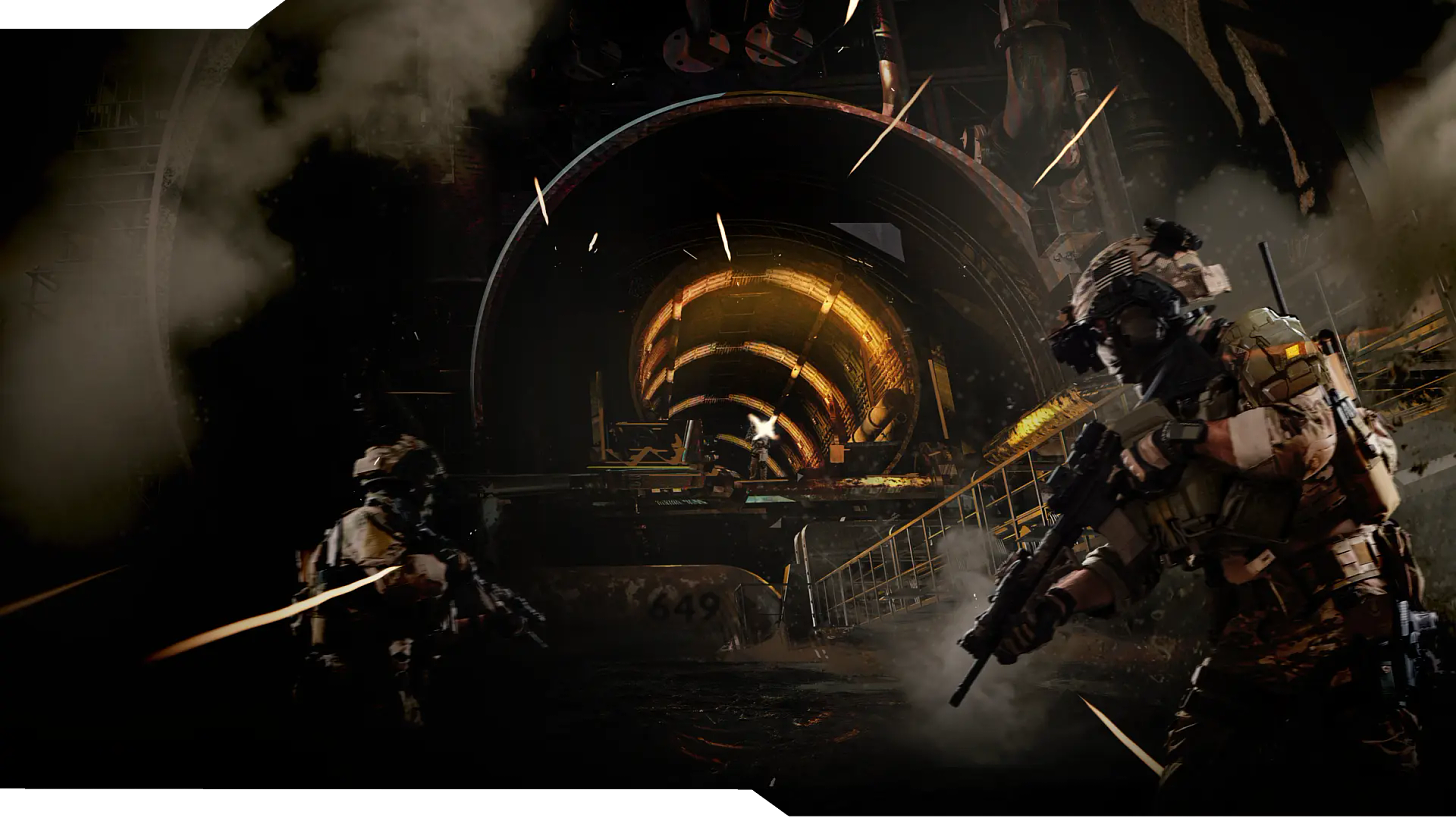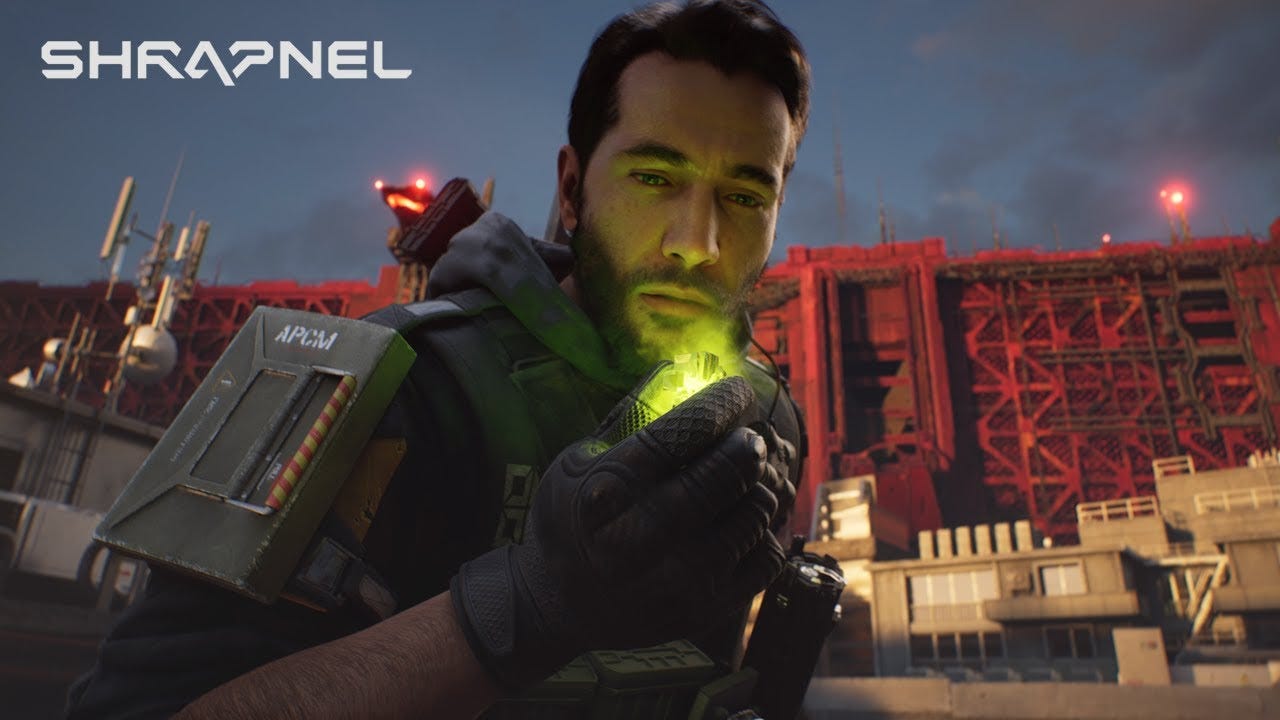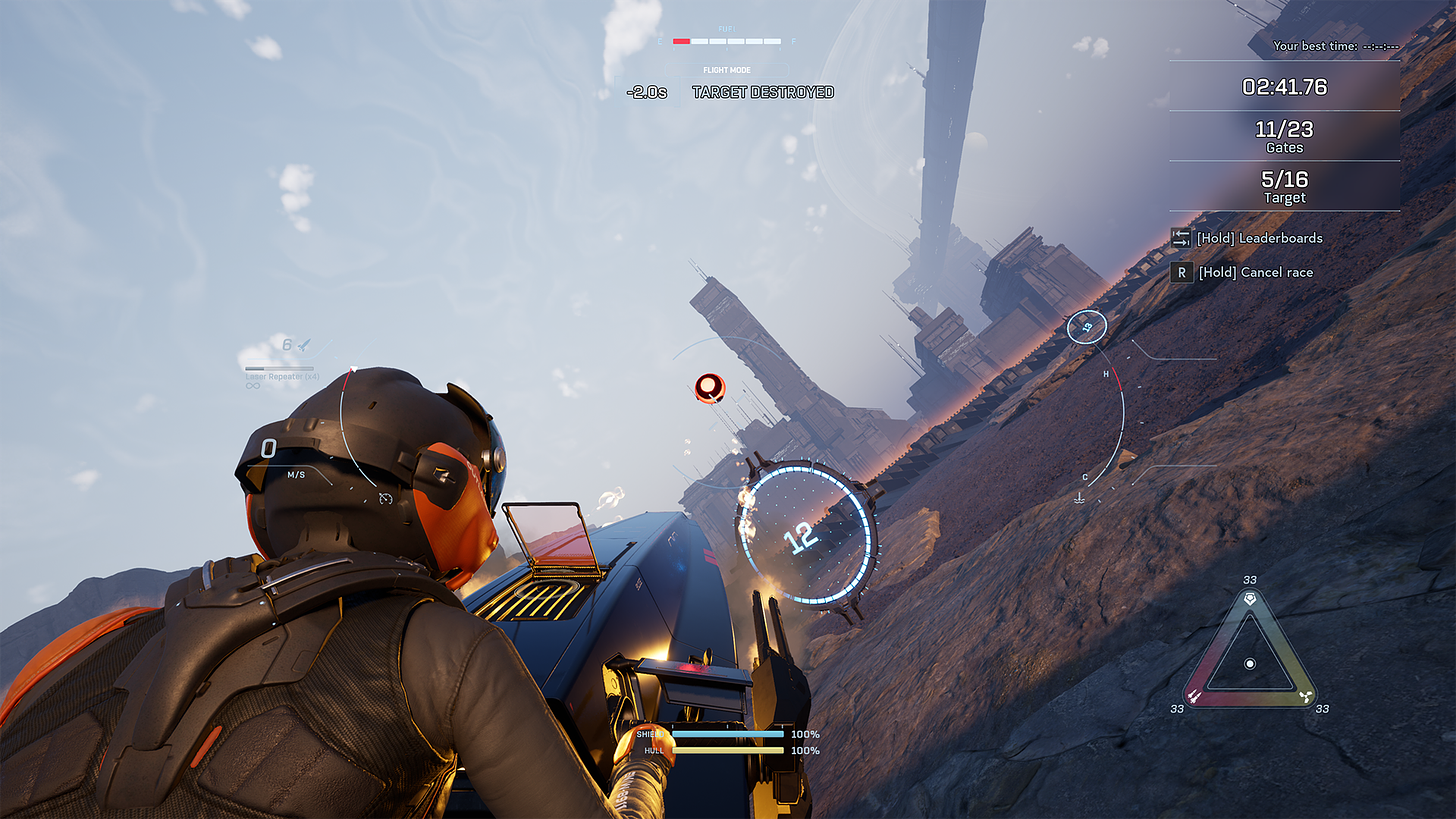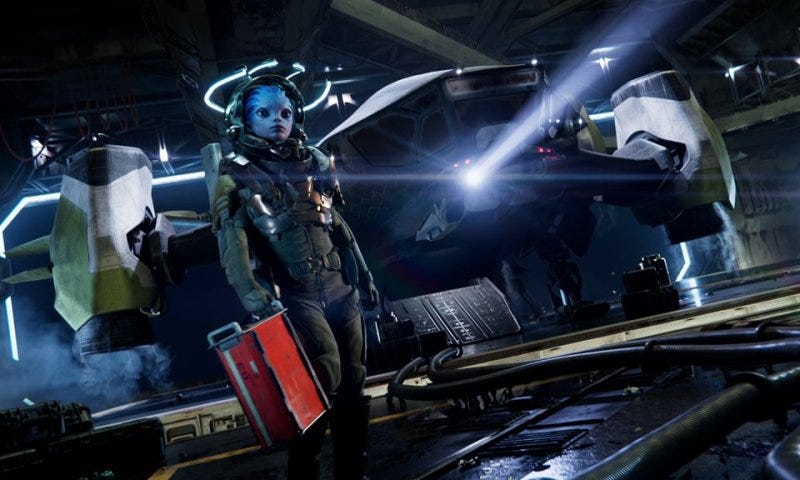Gaming has always been a popular form of entertainment, and with the rise of blockchain technology and web3 gaming, it is set to become even more immersive and exciting. In this article, we will discuss how blockchain and web3 gaming can change the future of gaming and what needs to be done for it to succeed. We will also explain why all games will eventually be on the blockchain or utilize web3 tools such as NFTs.

Games like Shrapnel are using AAA game making technology to create great experiences
What is Blockchain and Web3 Gaming?
Blockchain is a decentralized, immutable, and secure digital ledger that enables the transparent and secure storage and transfer of data. Web3 gaming, on the other hand, refers to games that utilize blockchain technology to create decentralized gaming asset markets, digital scarcity, and verifiable ownership. In a web3 game, players can earn and trade virtual assets, such as skins, items, and characters, in a decentralized marketplace.

Why Blockchain and Web3 Gaming is the Future of Gaming?
Blockchain and web3 gaming have the potential to revolutionize the gaming industry in several ways. First, blockchain technology enables the tokenization of virtual assets, creating a new asset class that is secure, scarce, and verifiable. This creates an entirely new market for gamers to buy, sell, and trade virtual assets, increasing the value and longevity of the game.
Second, blockchain technology enables the creation of decentralized gaming asset markets, where players can trade virtual assets without the need for intermediaries. This reduces the cost and friction of buying and selling virtual assets, making it more accessible to a wider audience.

Star Atlas is another AAA blockchain game that makes its home on the Solana blockchain
Third, blockchain technology enables the creation of non-fungible tokens (NFTs), which are unique digital assets that represent ownership of a particular item, such as a rare item or a limited edition skin. NFTs can be used to represent virtual assets, creating a new level of digital scarcity and verifiable ownership.
Why All Games Will Be on the Blockchain or Utilize Web3 Tools Such as NFTs?

As the benefits of blockchain and web3 gaming become more apparent, more game developers are incorporating blockchain and web3 tools into their games. In the future, all games will likely have some form of blockchain integration or utilize web3 tools such as NFTs. This is because blockchain and web3 tools provide a new level of ownership, scarcity, and value to virtual assets, creating a more immersive and engaging gaming experience.
Why There is No Need for Worry?
Despite the potential benefits of blockchain and web3 gaming, some gamers are skeptical about the adoption of blockchain technology in gaming. However, there is no need to worry about the adoption of blockchain technology in gaming, as it will not replace traditional gaming but rather augment it. Blockchain and web3 gaming will provide gamers with a new level of ownership, value, and engagement, creating a more immersive and exciting gaming experience.
Issues Holding Blockchain and NFT Gaming Back at This Current Point of Time
While blockchain and NFT gaming hold great promise, there are several issues holding it back at this current point in time. First, the complexity and cost of blockchain technology make it challenging for game developers to integrate blockchain into their games. Second, the scalability of blockchain technology is still an issue, with blockchain networks struggling to handle the high transaction volumes of gaming applications. Third, there is a lack of interoperability between different blockchain networks, making it difficult for gamers to trade virtual assets across different platforms.
What Needs to be Done to Correct Those Issues?
To address these issues, game developers need to focus on creating user-friendly and cost-effective blockchain solutions that can be easily integrated into their games. Blockchain networks need to improve their scalability and interoperability, allowing gamers to trade virtual assets across different platforms seamlessly. Finally, governments and regulatory bodies need to provide a clear and

Thanks for reading Solanews , remember to follow our social media channels for more!

